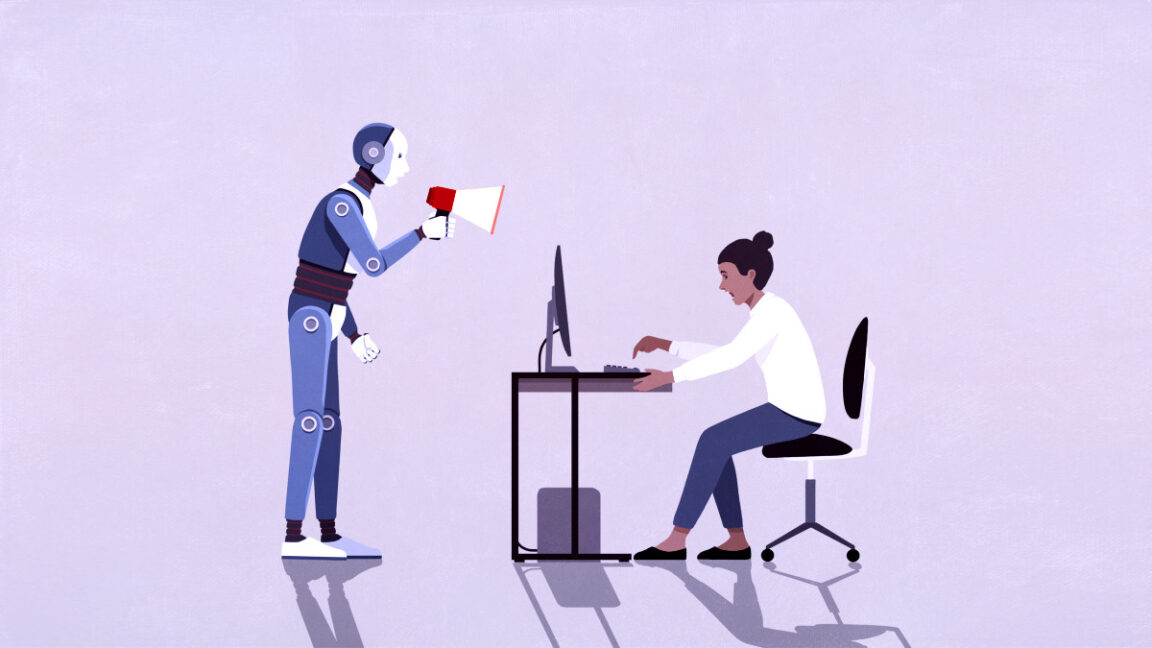
""The adoption of these chatbots has been remarkably fast," Humlum told The Register about the study. "Most workers in the exposed occupations have now adopted these chatbots... But then when we look at the economic outcomes, it really has not moved the needle.""
"Despite finding widespread and often employer-encouraged adoption of these tools, the study concluded that 'AI chatbots have had no significant impact on earnings or recorded hours in any occupation' during the period studied."
"While corporate investment boosted AI tool adoption-saving time for 64 to 90 percent of users across studied occupations-the actual benefits were less substantial than expected."
"The study revealed that AI chatbots actually created new job tasks for 8.4 percent of workers, including some who did not use the tools themselves, offsetting potential time savings."
A study on the Danish labor market by economists from the University of Chicago and the University of Copenhagen reveals that while generative AI models like ChatGPT are being rapidly adopted, they have not significantly influenced wages or employment as of 2023. Researchers analyzed data from 25,000 workers across 11 occupations vulnerable to automation and found that despite the speed of chatbot adoption, average economic outcomes such as earnings and hours worked remained unchanged. Notably, AI chatbots introduced new tasks for some workers, offsetting efficiency gains.
Read at Ars Technica
Unable to calculate read time
Collection
[
|
...
]